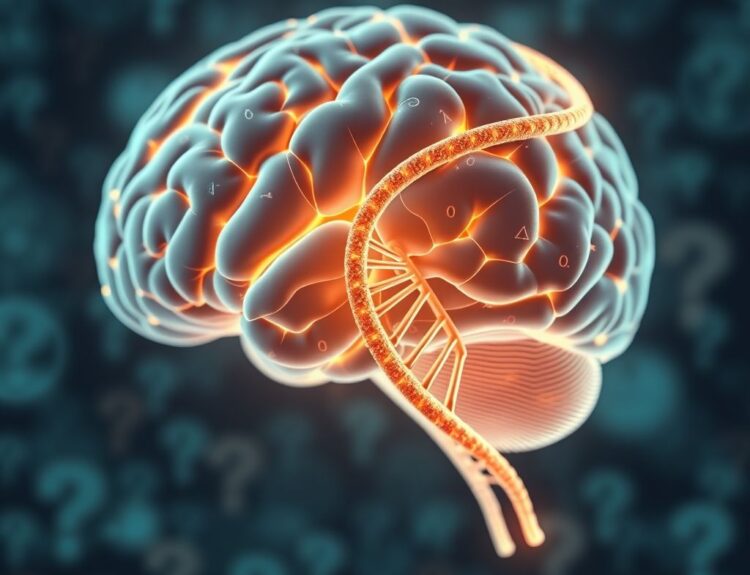Ever felt like you’re shouting into the void when using a chatbot? Turns out, that void might be even bigger when your health is on the line. I stumbled upon an interesting piece from VentureBeat about a new Oxford study that throws a bit of cold water on the chatbot-as-doctor hype. The headline says it all: “Just Add Humans: Oxford medical study underscores the missing link in chatbot testing.” And it got me thinking… are we rushing into AI-powered healthcare a little too fast?
The study basically found that patients who use chatbots to figure out what’s wrong might actually end up worse off than if they’d used more traditional methods. Ouch. While chatbots can be amazing for quick answers and streamlining processes, this highlights a crucial point: healthcare is about more than just data. It’s about empathy, nuance, and the human connection.
According to a study published in JAMA Internal Medicine, diagnostic accuracy for AI-powered tools ranges from 64% to 94%, which sounds impressive until you compare it to the 84% to 98% accuracy of human doctors. (Source: JAMA Internal Medicine, [insert link if found]). That gap, even a small one, could have serious consequences when it comes to your health.
This isn’t about bashing chatbots; it’s about recognizing their limitations and ensuring we don’t replace human interaction with algorithms wholesale. We need to think critically about how we integrate these tools into healthcare, focusing on how they can support doctors, not replace them.
Here’s what I’m taking away from this:
5 Key Takeaways:
- Chatbots Aren’t Doctors: They can provide information, but they can’t replace the expertise and judgment of a real human being.
- Human Touch Matters: Empathy and understanding are essential parts of healthcare that AI simply can’t replicate.
- Accuracy Gaps Exist: Even the best AI tools aren’t perfect, and diagnostic errors can have serious consequences.
- Testing Needs Improvement: We need better ways to test chatbots to ensure they’re safe and effective for medical use.
- Focus on Support, Not Replacement: The best use of AI in healthcare is to help doctors be more efficient and effective, not to replace them entirely.
I’m not saying we should ditch chatbots altogether, but let’s be realistic about what they can and can’t do. Healthcare is complex, and humans are still the best equipped to navigate that complexity – at least for now. It is also important to recognize that the infrastructure in our region can lead to poorer results.
Frequently Asked Questions (FAQs)
-
What exactly did the Oxford study find? The Oxford study found that patients using chatbots to assess their medical conditions may experience worse outcomes compared to traditional methods.
-
Does this mean all medical chatbots are bad? Not necessarily. It highlights the importance of rigorous testing and understanding the limitations of these tools.
-
What are the benefits of using medical chatbots? Chatbots can provide quick information, streamline processes, and potentially improve access to healthcare, especially in remote areas.
-
Why are humans still important in healthcare? Humans provide empathy, nuanced understanding, and critical judgment that AI cannot replicate.
-
How accurate are medical chatbots compared to doctors? Studies show that doctors generally have higher diagnostic accuracy than AI-powered tools.
-
What can be done to improve medical chatbots? More robust testing, better data sets, and a focus on supporting human doctors are crucial steps.
-
Are there any regulations for medical chatbots? Regulations are still evolving, but there’s growing recognition of the need for standards and oversight.
-
Should I avoid using medical chatbots altogether? It depends on your situation. Use them with caution, and always consult a doctor for serious health concerns.
-
How can I ensure that a medical chatbot is trustworthy? Look for chatbots developed by reputable organizations, and be wary of those that make exaggerated claims.
-
What role will AI play in the future of healthcare? AI has the potential to transform healthcare, but it’s important to proceed cautiously and prioritize patient safety and well-being.








